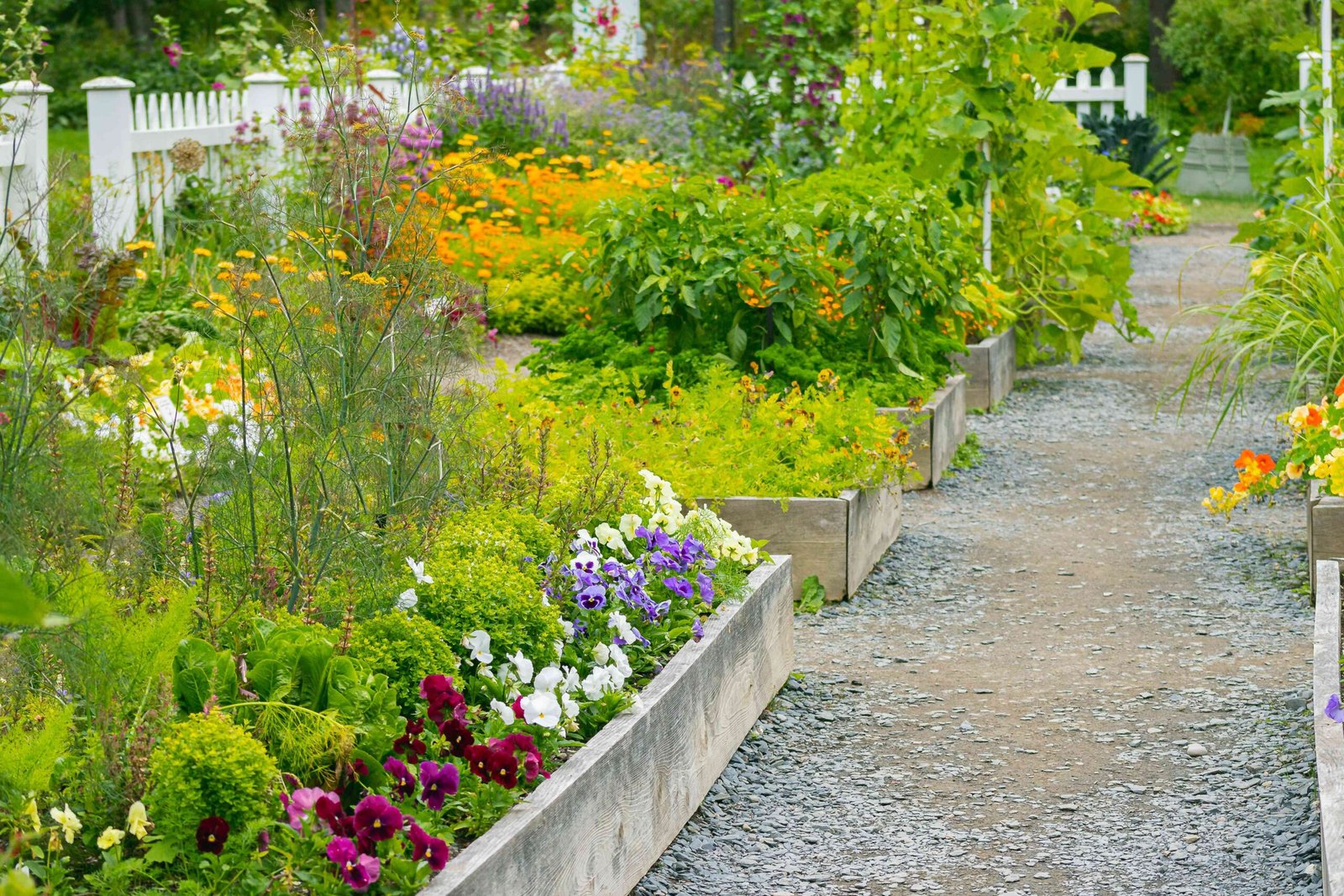5 Common Mistakes New Herb Gardeners Make and How to Avoid Them
Herb gardening can be an extremely rewarding hobby or pastime. Adding fresh herbs elevates home cooking and provides health benefits. However, there is some finesse required to growing a successful herb garden, especially for beginners. It’s easy to make missteps when you’re just starting out with herb gardening. Being aware of the common pitfalls can help you avoid frustration and disappointment. Here are five of the most common mistakes new herb gardeners make and tips for how to prevent them.
Key Points:
- Many beginners underestimate the care and finesse required for herb gardening.
- Making simple but common mistakes can sabotage your herb garden.
- Issues like poor plant quality, improper sunlight, and neglect wreak havoc.
- Being aware of potential pitfalls allows you to take precautions.
- With good preparation and practices, herb gardening can be hugely rewarding.
1. Choosing Poor Quality Plants
When purchasing herb plants to start your garden, it can be tempting to opt for cheaper options to save money. However, inexpensive plants that appear sparse, sickly, or wilted will likely not thrive in your garden. Pay close attention to the health and vitality of herb plants before purchasing them. Select plants with plenty of lush, green foliage and no signs of disease or damage. Choosing high-quality, vigorous plants, even if they cost a little more, will give your herb garden the best chance of success.
2. Planting in the Wrong Location
Most culinary herbs require at least 6 hours of direct sunlight daily. Insufficient light will result in poor growth and low yields. On the flip side, placing herb plants in an area with intense, direct afternoon sun can also cause issues. The hot sun can burn and dry out plants, turning leaves pale or brown. Seek out a spot that gets plenty of morning or dappled sunlight but protection from the harshest afternoon rays. You can also grow herbs successfully in containers placed in optimal sun locations.
3. Using Chemical Pesticides and Herbicides
Since we consume herbs, it’s best to avoid spraying them with synthetic chemicals. Pesticides and herbicides can leave toxic residues that get into food. Embrace organic methods for controlling pests and weeds around your herbs. Remove weeds by hand, use natural repellents and beneficial insects, and address diseases through proper care and sanitation practices. Keeping your herb garden free of chemicals will provide peace of mind.
4. Neglecting Basic Care Needs
Herb plants have simple but specific growing requirements. Lack of attention to water, soil health, pruning, and fertilization will compromise plant vigor and productivity. Underwatered plants suffer drought stress while overwatered ones develop root rot. Poor drainage or nutrient deficiencies limit growth. Make sure to research and provide the proper care for each herb variety you grow. Consistent monitoring and care makes all the difference.
5. Using Depleted Garden Soil
Healthy soil equals healthy herb plants. Depleted, hard-packed, or nutrient-poor soil will stunt herb growth. Test your garden soil and amend it with organic matter like compost. You can also opt for raised beds or containers filled with high-quality potting mix. Feeding your soil supports strong herb plants able to synthesize oils and withstand pests and diseases. Don’t underestimate the foundational importance of soil quality.
By being aware of these common pitfalls, new herb gardeners can avoid frustration and have a successful first foray into growing herbs. Taking time to prepare, making careful plant selections, providing attentive care, and feeding the soil will set you up for an abundance of fresh herbs to enjoy.
Conclusion
Herb gardening is highly rewarding but does come with a learning curve. The herbs you grow are only as healthy as the practices you implement. Steer clear of the five mistakes outlined above to give your garden the best chance of success. With good planning and care, you’ll be clipping fresh herbs all season long to elevate your cooking and enhance your health.
Frequently Asked Questions
How much sunlight do most culinary herbs need?
Most herbs require at least 6 hours of direct sunlight daily. Morning sun or dappled afternoon light is ideal.
What type of soil is best for growing herbs?
Well-drained, nutrient-rich soil with a pH around 6.5-7.0 is optimal for most herbs. Amend garden soil or use containers with potting mix.
How often should I water my herb garden?
This depends on factors like climate, soil type, and herb variety. In general, water when the top inch becomes dry, taking care not to overwater.
Should I fertilize my herb garden?
Yes, using a balanced organic fertilizer helps herbs thrive. Fertilize at planting and monthly during the growing season.
What pests commonly affect herbs?
Common herb pests are aphids, spider mites, whiteflies, slugs, and snails. Use organic controls instead of chemicals.
Can I grow herbs indoors?
Many herbs will grow indoors given sufficient sunlight from a south-facing window. Use grow lights to supplement sunlight.
How do I dry herbs for storage?
Harvest herbs just before they flower. Dry them bundled or loose on racks out of sunlight. Store dried herbs in airtight containers.
Related posts:





